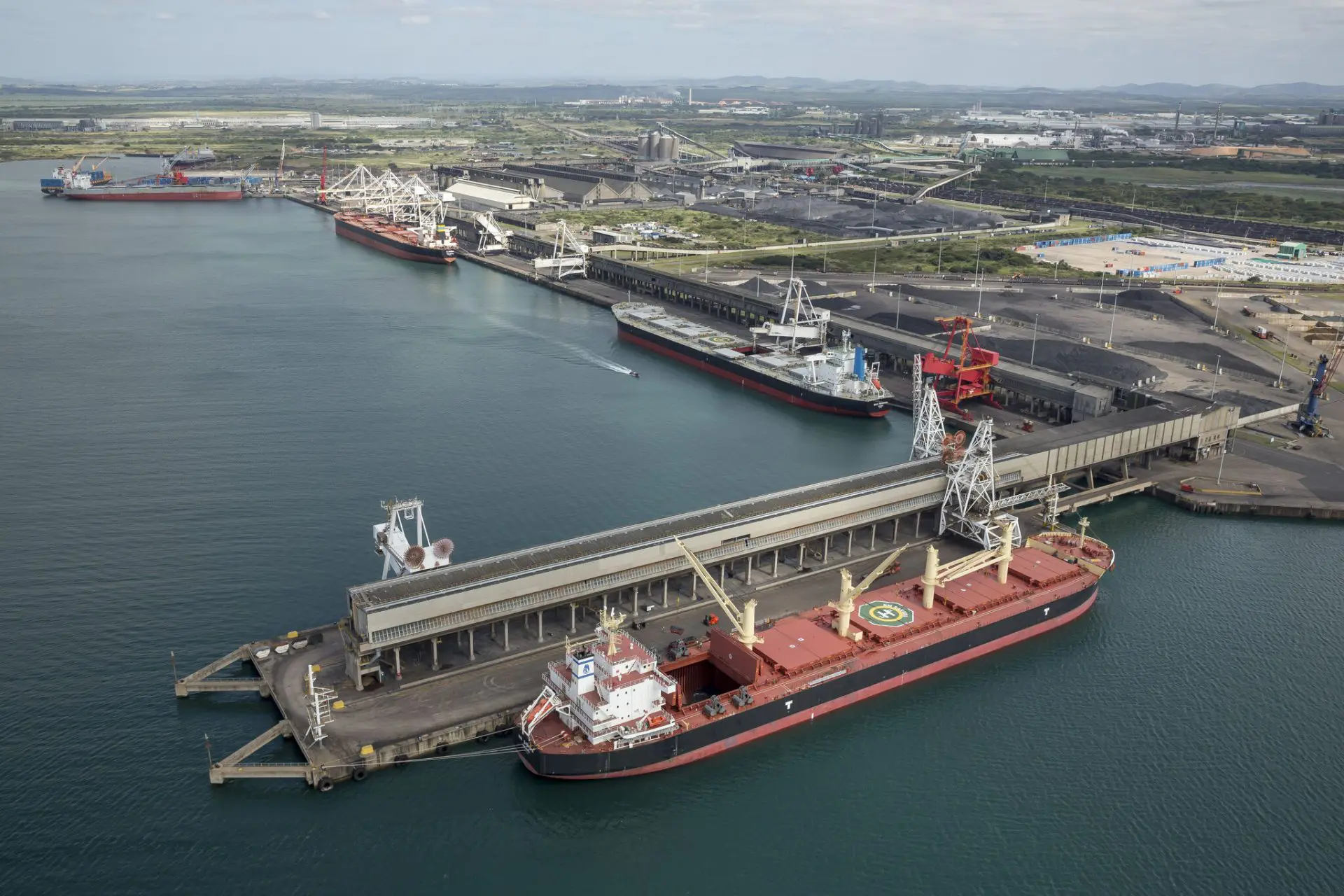This story requires a subscription
This includes a single user license.
In January, South Africa’s Transnet National Ports Authority appointed the two firms to build and operate the import facility at the Port of Richards Bay.
Both TNPA, which is developing an LNG import terminal in the Port of Ngqura, and Transnet Pipeline are part of the South African rail, port, and pipeline company Transnet, which is owned by the South African government.
Vopak is developing the project via its 70 percent owned joint venture Vopak Terminal Durban.
In March, Vopak Terminal Durban and Transnet Pipelines invited parties interested in booking capacity at their proposed LNG import terminal, named Zululand Energy Terminal, in Richards Bay to submit their expression of interest.
The duo now completed the EOI process.
As a part of the next steps, Zululand Energy Terminal has formally launched the request for proposal (RFP) on September 23, according to a statement.
The RFP outlines the project’s scope, objectives, and evaluation criteria.
The statement said that all parties selected from the EOI submissions have been given the opportunity to respond to the RFP.
The deadline to submit the RFP response is October 18.
Wood wins contract
The duo said in a separate statement that they picked UK-based engineer Wood to undertake the pre-FEED phase for the project, which is “pivotal” for the detailed planning and execution of the LNG project.
The contract award followed a comprehensive and competitive bidding process.
Moreover, the scope of work for the pre-FEED phase includes detailed engineering and design, cost estimation, scheduling, and risk assessment.
The partners said this phase will set the foundation for the subsequent front-end engineering design (FEED) and eventual construction of the LNG facility.
In addition to this contract, the partners also selected Standard Bank as the LNG project’s financial advisor.
As the appointed financial advisor, Standard Bank will play a “critical” role in structuring the financial framework for the project, securing the necessary funding, and managing financial risks to ensure long-term sustainability and value creation, the partners said.
Two phases
Vopak and Transnet Pipelines plan to develop the project in two phases.
According to Zululand Energy Terminal’s website, the first phase includes a floating storage unit (FSU) of at least 170,000 cbm capacity and an onshore regasification system with an indicative capacity of 2 mtpa, or about 400 mmscfd.
Vopak and Transnet Pipelines target the commercial operations date (COD) for this phase in 2028.
The second phase includes an onshore LNG tank with an indicative capacity of 220,000 cbm.
The onshore tank will potentially replace the FSU and provide additional regas capacity to increase the total capacity up to 5 mtpa, or about 600 mmscfd.

